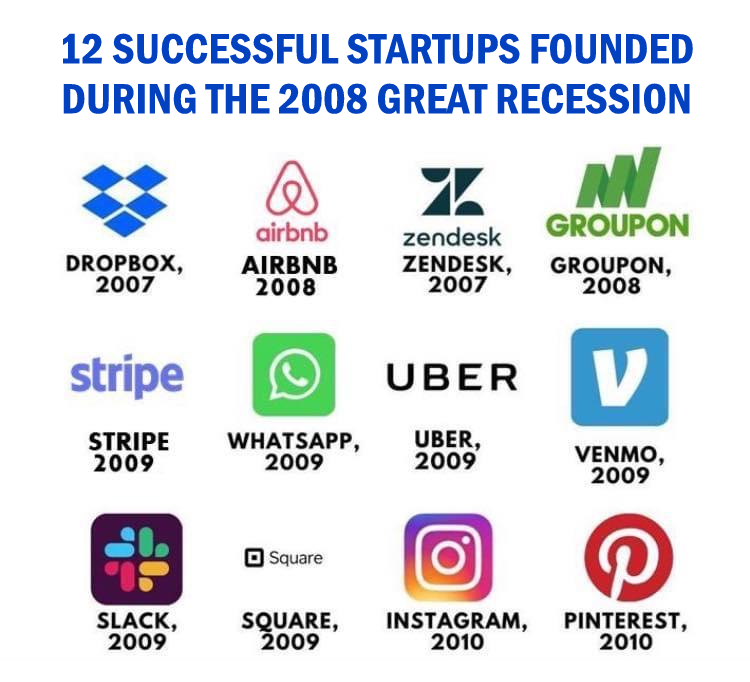05 May B2B SaaS – The Right GTM for a Recession
There is little doubt, we have been spoiled by a booming economy for nearly a generation and a retraction occurring. Is this merely a correction or a full-blown recession? We will see how it plays out, with so many variables affecting the financial markets including political, crypto, energy and national security, what the future holds is uncertain. As the founder of a B2B SaaS company, how do you survive the impending down turn and be in a position to capitalize on the upturn? Are there strategies you should’ve had in place or can start employing now to help you weather this storm and ultimately benefit from the inevitable upswing?
Your GTM and ICP may need to pivot
If your GTM (go-to-market strategy) focused on SaaS, or tech startups, you are likely going to feel the greatest impact. Previously, well funded upstarts were an easy sell, they had the funds to burn and the sales cycles were short. This meant quick growth, but what about staying power? In a down market that easy MRR can quickly evaporate as startups tighten their belts, layoff employees or simply run out of cash. VCs are being more disciplined with their capital, which means fewer rounds at smaller sizes, this retraction may spell doom for the startups who’s GTM focused heavily on other startups.
So where do you look? What is the right GTM during a down turn?
Startups with a GTM strategy focused on large, enterprise customers and public companies are well positioned. These types of customers are mature, they may have significantly longer sales cycles, but the revenue potential is undeniably greater and they will easily weather the storm.
The psychology is different in a bear market vs. bull market for buyers too. In down turns, consumers and SMBs tend to prioritize stability and security. When evaluating vendors, a mature, public company is a compelling choice compared to an untested startup. These concerns are largely irrelevant in a bull market, which can actually favor innovative startups that are disrupting legacy systems. You’ve been spoiled, reality is about to set in.
Every down market has been followed by a great up market. Startups who have a plan that doesn’t rely on the macroeconomic picture are set to be the biggest winners with the inevitable up turn. Look at all the decacorns that came out of the 2008 down market.


I am a 4x founder with 3 successful exits, currently working on my fintech startup. I am an unintentional contrarian that is right more often than wrong!

